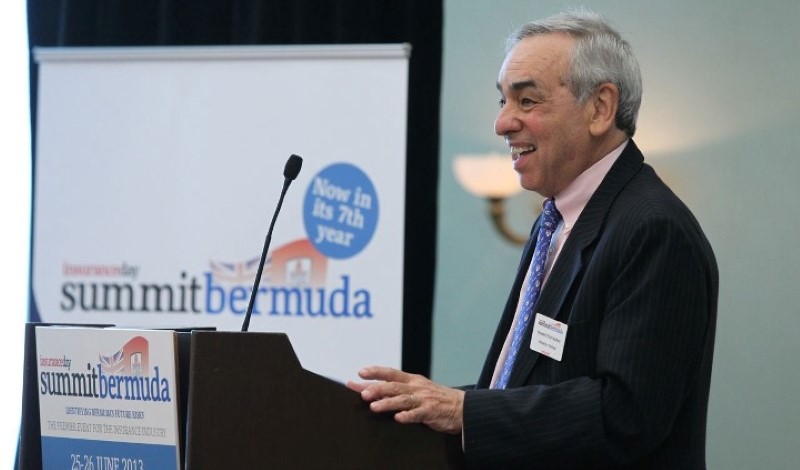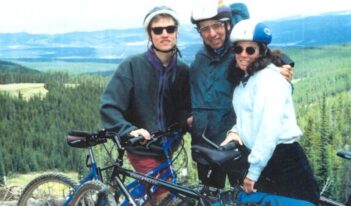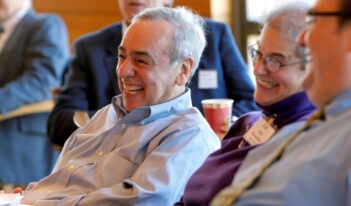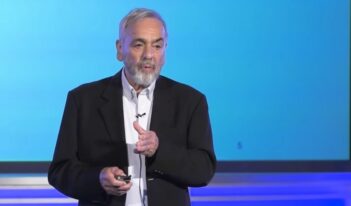
Howard was a humble collaborator and a selfless friend who made a major impact on the field of decision sciences.
My first and strongest memory of Howard is of his surprisingly relaxed and easy-going nature. At the time—the late 1980s—I was a young researcher, working at Decision Research in Eugene, Oregon and learning my craft from Paul Slovic, Sarah Lichtenstein, and Baruch Fischhoff. My main funding was through the Decision, Risk and Management Science (DRMS) program at the National Science Foundation. One morning I received a call from the NSF asking—very much out of the blue—whether I was interested in coming to Washington, D.C. for 18 months to take over as manager of the DRMS Program. After some probing, I learned that the DRMS program was somewhat in trouble and looking for new leadership. I was interested in the task because it was challenging and likely to broaden my knowledge of the field, but I felt that I lacked the experience and gravitas to take over a program in disarray. I talked with Paul and he suggested I call Howard; Howard and I had been working on a short paper about incentives for siting hazardous facilities, we both loved to play tennis, and Philly was more-or-less around the corner from D.C.
I thought about the job, which at this point had not yet been offered to me, and also thought about what it might mean for my life with family, my work with Decision Research colleagues, and my wardrobe—no more shorts and Birkenstocks. Soon thereafter I went camping with my family, still puzzled about whether I would try for the job. One day I walked down a dirt road to a phone booth, because there were no cell phones in those days. I called Leisha at the office to get Howard’s number and I gave him a call. I called without advance warning, during what was likely the middle of a busy day. Nevertheless, Howard and I spoke for a good half hour, and he expressed interest in joining forces with me, citing a love for the DRMS program and a joy of tackling the unfamiliar. We talked again a few days later and Howard had already worked things out with the bureaucracy: he would get a partial leave from Wharton and come in for two or three days each week as Program Director, while my family and I would move for a year to the D.C. area and I would serve as Program Manager.
And that was that: no fuss and bother, and no lengthy organizational discussions. Howard handled many of the high-level negotiations over the next 18 months, while I handled much of the day-to-day program operation. Howard would frequently stay with my family in our rental house in Hyattsville—and he was the perfect informal house guest. He often joined us for dinner, read books with our young kids, or rode bikes around the neighborhood. He would sleep on a cot bed in the loft or take short mid-sentence naps on the sofa. I knew that on his non-NSF, non-D.C. time he was deeply immersed in projects that involved concepts and econometrics well beyond my capability. When we were together, however, he was simply Howard the wonderful, kind, and hard-working human being. He also accomplished minor miracles at NSF, restoring the reputation of the program and showing himself to be an extremely capable administrator.
Howard and I stayed friends over the next 30-plus years, working on various projects, playing tennis, visiting each other during shared times in Europe, and getting to know new and old family members. My wife, Terry, and I recently spent time with Gail in New York and thoroughly enjoyed ourselves. So, the story goes on, and whenever I feel signs of physical laziness or intellectual arrogance creeping into my personality, I think of Howard, who was a good man and had no need for such delusions.
This essay is part of a series celebrating the life and scholarship of Howard Kunreuther, titled “Commemorating Howard Kunreuther.”




